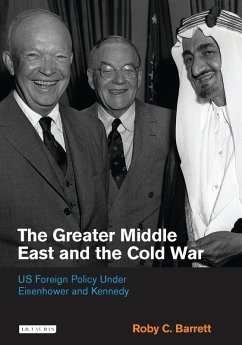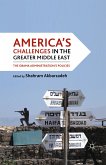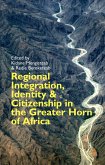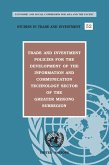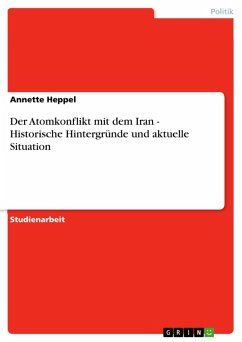At the height of the Cold War, the US sought to maintain power and influence in the Greater Middle East - the region from Morocco to India - in the context of a growing threat from Russia and the decline of British imperialism. This original and important study illuminates this tense period in international relations, offering many new insights into the global situation of the 1950s and 1960s.
Roby Barrett casts fresh light on US foreign policy under Eisenhower and Kennedy, illuminating the struggles of two American administrations to deal with massive social, economic, and political change in an area sharply divided by regional and Cold War rivalries. With a dramatic backdrop of revolutionary Arab nationalism, Zionism, indigenous Communism, teetering colonial empires, unstable traditional monarchies, oil, territorial disputes and the threat of Soviet domination of the region, this book vividly highlights the fundamental similarities between the goals and application of foreign policy in the Eisenhower and Kennedy administrations as well as the impact of British influence on the process.
Drawing on extensive research in archives and document collections from Kansas to Canberra as well as numerous interviews with key policy makers and observers from both the Eisenhower and Kennedy administrations, Roby Barrett explores the application of the Cold War containment policy through economic development and security assistance. Within the broader context of the global Cold War struggle, the Greater Middle East also held the potential as the flashpoint for nuclear war, and Barrett analyses fully the implications of this for international relations. In the process this book draws some unexpected conclusions, arguing that Eisenhower's policies were ultimately more successful than Kennedy's, and offers an important and revisionist contribution to our understanding of the Cold War and the Middle East.
Roby Barrett casts fresh light on US foreign policy under Eisenhower and Kennedy, illuminating the struggles of two American administrations to deal with massive social, economic, and political change in an area sharply divided by regional and Cold War rivalries. With a dramatic backdrop of revolutionary Arab nationalism, Zionism, indigenous Communism, teetering colonial empires, unstable traditional monarchies, oil, territorial disputes and the threat of Soviet domination of the region, this book vividly highlights the fundamental similarities between the goals and application of foreign policy in the Eisenhower and Kennedy administrations as well as the impact of British influence on the process.
Drawing on extensive research in archives and document collections from Kansas to Canberra as well as numerous interviews with key policy makers and observers from both the Eisenhower and Kennedy administrations, Roby Barrett explores the application of the Cold War containment policy through economic development and security assistance. Within the broader context of the global Cold War struggle, the Greater Middle East also held the potential as the flashpoint for nuclear war, and Barrett analyses fully the implications of this for international relations. In the process this book draws some unexpected conclusions, arguing that Eisenhower's policies were ultimately more successful than Kennedy's, and offers an important and revisionist contribution to our understanding of the Cold War and the Middle East.

